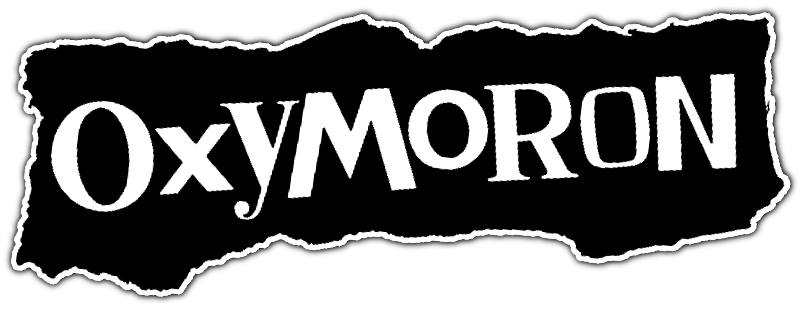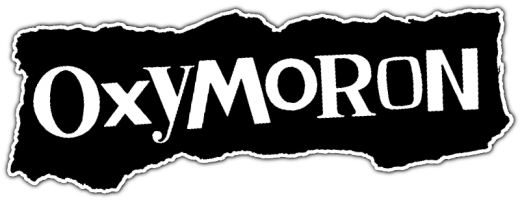Is Volunteer Recognition an Oxymoron?
— April 21, 2017
With Volunteer Recognition Day just behind us and National Volunteer Week approaching next week, it’s time to take stock of how – and why – we’re acknowledging the hard work of employee volunteers.

By definition, volunteering is, well, voluntary. Or at least it should be; the alternative is making employees feel “voluntold,” and that defeats the whole point. Above all, volunteers want to feel as though they’re making a difference in some small way, and that your company is making a difference in a considerably bigger way. Seeing an impact from their efforts is one of the most important rewards that employee volunteers hope to receive from their experience.
So if volunteering is primarily about giving of oneself for a larger cause, what are we talking about when we talk about volunteer recognition? Is volunteer recognition a contradiction in some way?
Let’s start with this: all volunteers are not created equal. Research shows that people volunteer for different reasons, and those reasons extend beyond altruism alone. When it comes to employees, 49% can be classified as social-oriented volunteers, while 26% can be categorized as career-oriented volunteers. The remainder aren’t particularly interested in either motivation for volunteering.
So there’s more to the act of volunteering than volunteering. Social-oriented volunteers are driven by the desire to create a direct impact and by the mission of the nonprofits, but they’re also looking for fun experiences and opportunities to bond with colleagues, friends and family. Career-oriented volunteers, on the other hand, are seeking opportunities for skills development and career advancement.
Understanding that people volunteer for different reasons and hope to get different things from the experience can help company leaders modulate how they acknowledge volunteers.
And yes, acknowledgment makes sense, as it can first help volunteers feel that their contributions are appreciated, and also highlight your program for the entire company and inspire more people to get involved.
But volunteer recognition shouldn’t feel like a cheesy transaction with gifts as the end reward, as if volunteers needed to be paid back for giving back. Rather, recognition is as simple as thanking employee volunteers for their contributions and making them – and the company – aware of how small volunteer actions are leading to impact.
Recognizing volunteers with the kind of fulfillment they’re looking for – be it social or career-oriented – is another way to acknowledge volunteers. This recognition can be accomplished by eliciting feedback upfront about what volunteers hope to get out of their volunteer experiences. Career-oriented volunteers will feel “heard” if they’re given volunteer opportunities that have a strong alignment with business strategy, an impact on skills and professional development, and involve some sort of formal acknowledgement that can be documented for professional purposes. Social-oriented volunteers will feel rewarded with hands-on volunteering opportunities organized by the company, the opportunity to volunteer with friends and family, and opportunities aligned with the mission of the nonprofit that aim for a direct impact.
Points of Light launched National Volunteer Week in 1974, and since then the event has grown tremendously, with thousands of volunteer projects and special events scheduled throughout the week to recognize volunteers. Starting on April 24th, National Volunteer Week offers a way for companies to thank volunteers and highlight their stories that create change. Service Unites, the theme for National Volunteer Week this year, captures the power of changemakers to come together to build stronger, more vibrant communities through service.
To find out more about National Volunteer Week, check out information about the event at Points of Light here.
Bottom line: volunteer recognition is not contrary to the essence of volunteering. Rather, recognition can serve as an effective and appreciated tool to expand interest in your corporate philanthropy program – as long as it’s handled thoughtfully, authentically, and always with an emphasis on the larger purpose that brings people to volunteer in the first place.
Digital & Social Articles on Business 2 Community
(35)








